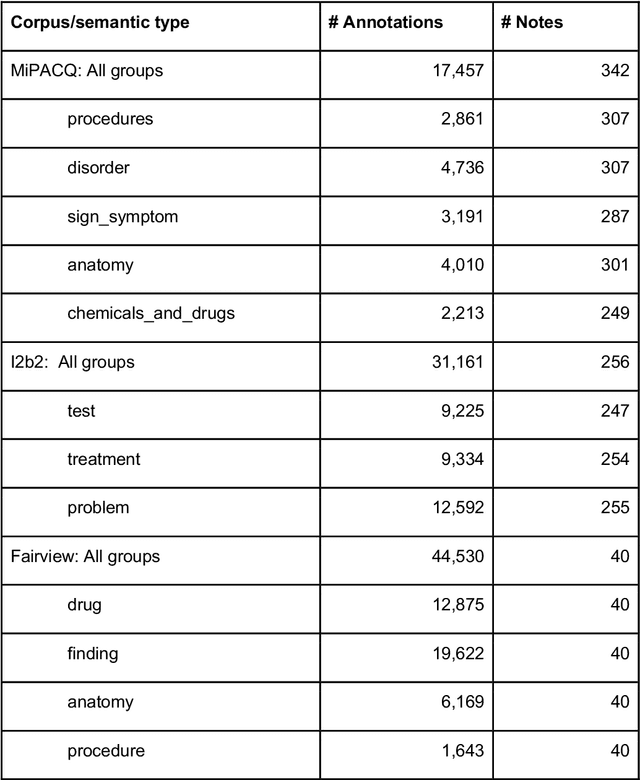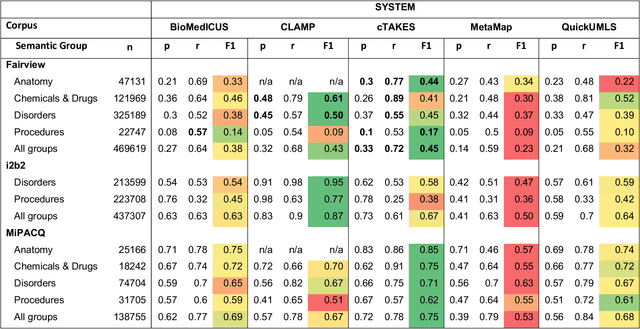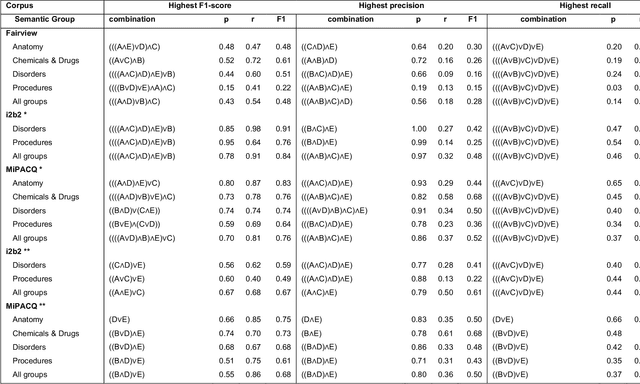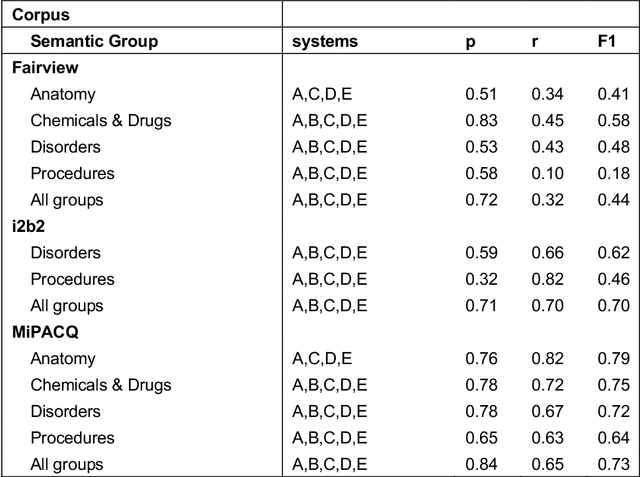Michael V. Heinz
MindScape Study: Integrating LLM and Behavioral Sensing for Personalized AI-Driven Journaling Experiences
Sep 15, 2024Abstract:Mental health concerns are prevalent among college students, highlighting the need for effective interventions that promote self-awareness and holistic well-being. MindScape pioneers a novel approach to AI-powered journaling by integrating passively collected behavioral patterns such as conversational engagement, sleep, and location with Large Language Models (LLMs). This integration creates a highly personalized and context-aware journaling experience, enhancing self-awareness and well-being by embedding behavioral intelligence into AI. We present an 8-week exploratory study with 20 college students, demonstrating the MindScape app's efficacy in enhancing positive affect (7%), reducing negative affect (11%), loneliness (6%), and anxiety and depression, with a significant week-over-week decrease in PHQ-4 scores (-0.25 coefficient), alongside improvements in mindfulness (7%) and self-reflection (6%). The study highlights the advantages of contextual AI journaling, with participants particularly appreciating the tailored prompts and insights provided by the MindScape app. Our analysis also includes a comparison of responses to AI-driven contextual versus generic prompts, participant feedback insights, and proposed strategies for leveraging contextual AI journaling to improve well-being on college campuses. By showcasing the potential of contextual AI journaling to support mental health, we provide a foundation for further investigation into the effects of contextual AI journaling on mental health and well-being.
An Empirical Study of UMLS Concept Extraction from Clinical Notes using Boolean Combination Ensembles
Aug 04, 2021



Abstract:Our objective in this study is to investigate the behavior of Boolean operators on combining annotation output from multiple Natural Language Processing (NLP) systems across multiple corpora and to assess how filtering by aggregation of Unified Medical Language System (UMLS) Metathesaurus concepts affects system performance for Named Entity Recognition (NER) of UMLS concepts. We used three corpora annotated for UMLS concepts: 2010 i2b2 VA challenge set (31,161 annotations), Multi-source Integrated Platform for Answering Clinical Questions (MiPACQ) corpus (17,457 annotations including UMLS concept unique identifiers), and Fairview Health Services corpus (44,530 annotations). Our results showed that for UMLS concept matching, Boolean ensembling of the MiPACQ corpus trended towards higher performance over individual systems. Use of an approximate grid-search can help optimize the precision-recall tradeoff and can provide a set of heuristics for choosing an optimal set of ensembles.
 Add to Chrome
Add to Chrome Add to Firefox
Add to Firefox Add to Edge
Add to Edge